"I feel like I am not listened to and that what I say doesn't count." "I feel humiliated for speaking up." "I'm afraid of losing my job if I am critical." "I'm expected to take care of things that are not my responsibility." "I feel used and taken advantage of." "My supervisor can't change. It's just the way it is, and I have to accept it." "It's hopeless! I've tried, and nothing changes." "Every time I do the right thing, it feels like I get punished." "I can't believe my boss doesn't get how we feel about him and what kind of harm he's causing." "My therapist says she wants all kinds of feedback, but when I give her negative feedback, she just turns it around on me." "My feelings and opinions just aren't taken seriously." "It's just not safe." "It's really unjust, but it is more peaceful to just let it go." "I feel like it is just hopeless to have an effect, so I don't invest myself." "I can't believe it. She just said no. And she's my friend." "He's always too busy." "There's no acknowledgement, no follow-up from what I say." "She must be right."
These are feelings and experiences frequently expressed by people when they are in what I call a down-power role. Clients, students, supervisees, employees, patients, and parishioners, among others, are in roles that have less power and influence than their up-power therapists, teachers, supervisors, employers, doctors, and clergy. This greater power is an automatic accompaniment to professional or positional power and, in fact, is embedded in the up-power role. Role power is earned or assigned. Role power is an add-on to the personal power that we all have and need in our lives. Think of it like a scarf or mantle of additional power and responsibility that one puts on when one is in an up-power role. Often without recognizing it, we may move between up- and down-power roles multiple times in a day. At the dentist we are down-power. As a teacher, we are up-power. With a policeman, we are down-power. This power difference, although it has vital functional and emotional value, creates relational dynamics that, when misused, are reflected in the statements above.
Therapist, Supervisor, Teacher, Director, Clergy, Doctor, Policeman: these are the positional power roles that carry an especially strong power difference. The stronger the power difference, the greater the vulnerability and risk for those who are down-power: clients, patients, students, and employees. The strength of the power differential is directly related to the amount of risk.
I use the terminology up-power roles and down-power positions because they are simply directional words, not necessarily evaluative words. By the way, there are other up-power roles in which the power difference is not very great (although still present), or the power difference is temporary--waiter in a restaurant, committee chair, lecturer, a-v person for a conference. Virtually all jobs have some up-power responsibilities for assessment and final decision-making.
Read the rest of the article here.
These are feelings and experiences frequently expressed by people when they are in what I call a down-power role. Clients, students, supervisees, employees, patients, and parishioners, among others, are in roles that have less power and influence than their up-power therapists, teachers, supervisors, employers, doctors, and clergy. This greater power is an automatic accompaniment to professional or positional power and, in fact, is embedded in the up-power role. Role power is earned or assigned. Role power is an add-on to the personal power that we all have and need in our lives. Think of it like a scarf or mantle of additional power and responsibility that one puts on when one is in an up-power role. Often without recognizing it, we may move between up- and down-power roles multiple times in a day. At the dentist we are down-power. As a teacher, we are up-power. With a policeman, we are down-power. This power difference, although it has vital functional and emotional value, creates relational dynamics that, when misused, are reflected in the statements above.
Therapist, Supervisor, Teacher, Director, Clergy, Doctor, Policeman: these are the positional power roles that carry an especially strong power difference. The stronger the power difference, the greater the vulnerability and risk for those who are down-power: clients, patients, students, and employees. The strength of the power differential is directly related to the amount of risk.
I use the terminology up-power roles and down-power positions because they are simply directional words, not necessarily evaluative words. By the way, there are other up-power roles in which the power difference is not very great (although still present), or the power difference is temporary--waiter in a restaurant, committee chair, lecturer, a-v person for a conference. Virtually all jobs have some up-power responsibilities for assessment and final decision-making.
Read the rest of the article here.

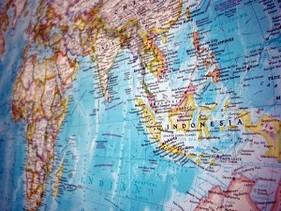
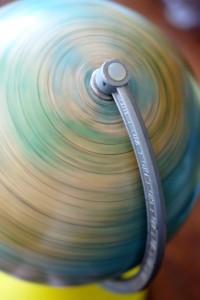

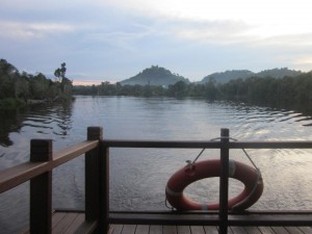


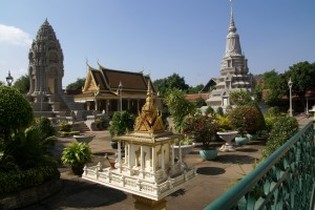
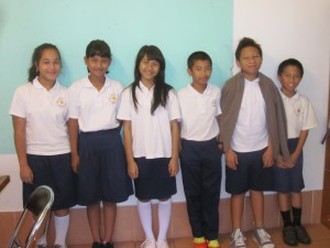
 RSS Feed
RSS Feed